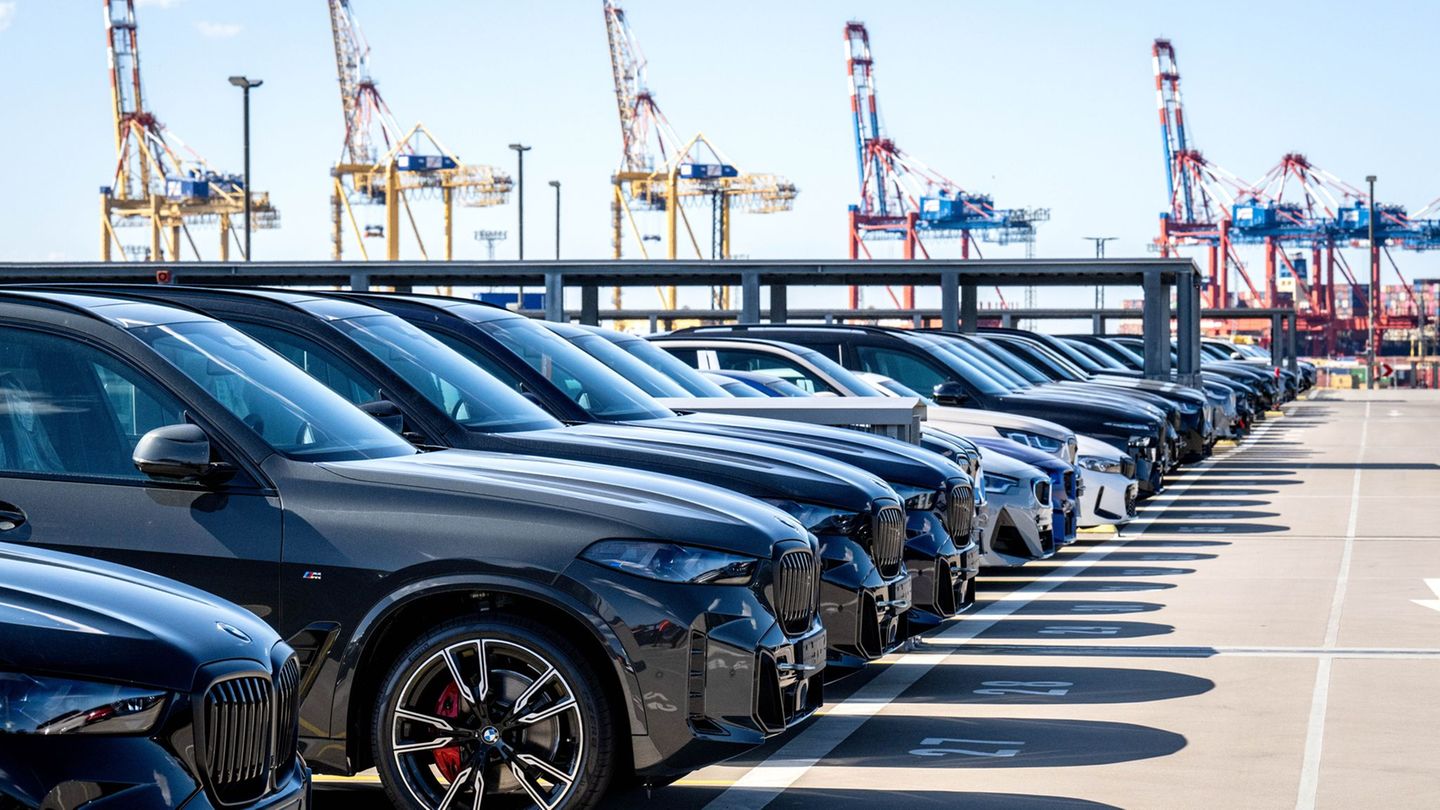I have been working in the news industry for over 6 years, first as a reporter and now as an editor. I have covered politics extensively, and my work has appeared in major newspapers and online news outlets around the world. In addition to my writing, I also contribute regularly to 24 Hours World.
Menu
Border controls: emergency in asylum policy? The dispute over an EU clause
Categories
Most Read
Venezuela closes embassy in Oslo after Nobel Peace Prize award
October 14, 2025
No Comments
Compulsory military service: AfD faction leadership around Weidel initiates withdrawal
October 13, 2025
No Comments
Conscription, yes please! The surprising result of a survey
October 13, 2025
No Comments
Middle East: Macron remains “concerned” about Hamas despite Gaza declaration
October 13, 2025
No Comments
Nursing care insurance: Warken: Check the effects of nursing services
October 13, 2025
No Comments
Latest Posts

Transport: Full ships despite the calm – shipping companies defy the crisis
October 14, 2025
No Comments
AngelicaI am an author and journalist who has written for 24 Hours World. I specialize in covering the economy and write about topics such as

The City Police arrested 49 trapitos and captured a fugitive during the operation in the River–Sarmiento
October 14, 2025
No Comments
October 13, 2025 – 23:05 Within the framework of the Safe Tribune program, 49 illegal car guards were detained, 44 people with the right of

Gaza Agreement: After Trump’s Middle East trip: What’s next in Gaza?
October 14, 2025
No Comments
IvanI have been working in the news industry for over 6 years, first as a reporter and now as an editor. I have covered politics
24 Hours Worlds is a comprehensive source of instant world current affairs, offering up-to-the-minute coverage of breaking news and events from around the globe. With a team of experienced journalists and experts on hand 24/7.

